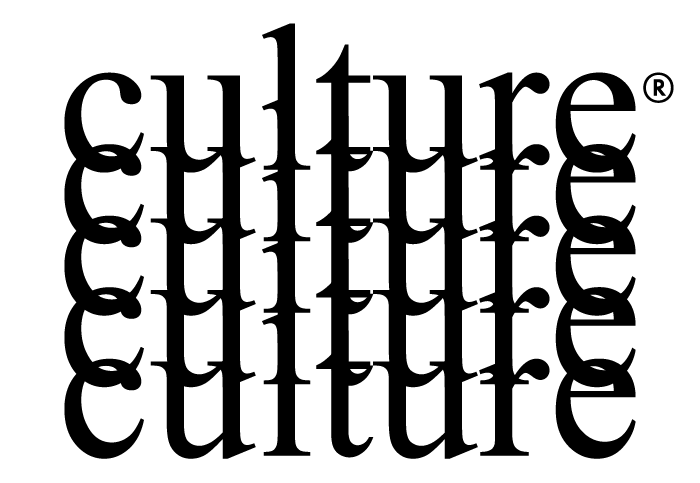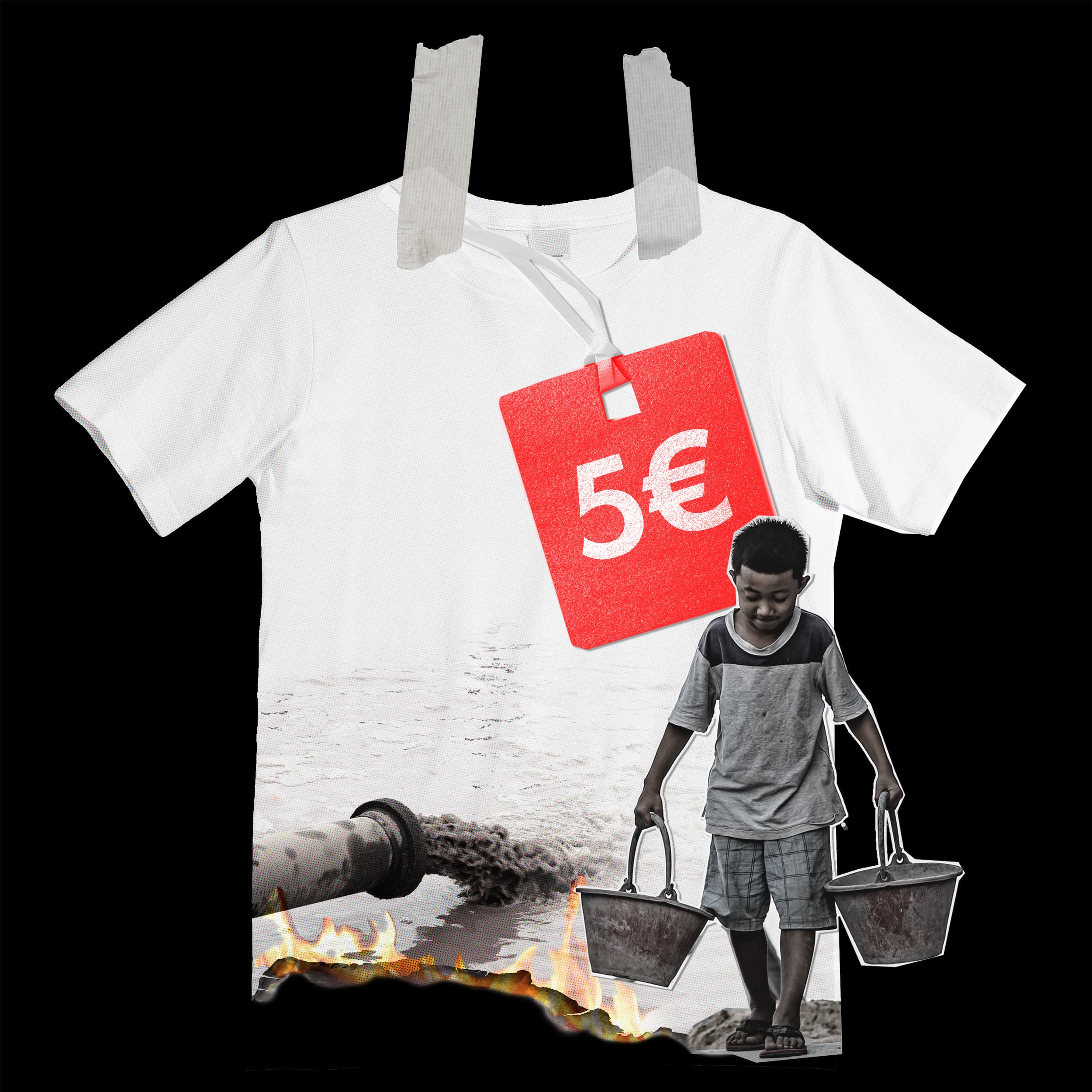
Responsibility
If your tee is 5 bucks, everyone else pays the price.
Fast fashion sucks. It hurts the environment, animals and people. The fashion industry is using up a lot of water, creates a lot of waste and has a terrible, terrible carbon footprint. Many companies are literally burning their leftover stock. The whole industry is kinda shit tbh.
So we aim to do it differently. 🥁
Certifications
Our materials are mostly either organic or recycled. What exactly our stuff is made of is mentioned on each product page as well. Our organic fabrics are GOTS certified - that’s the main certification for organic textiles. To get GOTS certified the textiles have to be sourced and manufactured according to specific ecological and social standards. Those are being checked by independent third parties.
Most items are also OEKO-TEX 100 certified, which doesn't mean a lot though. The standard basically just says that the item does not contain chemicals that are harmful for humans. Well, if that's not the bare minimum?
Certifications can be a good start, but are for sure not enough.
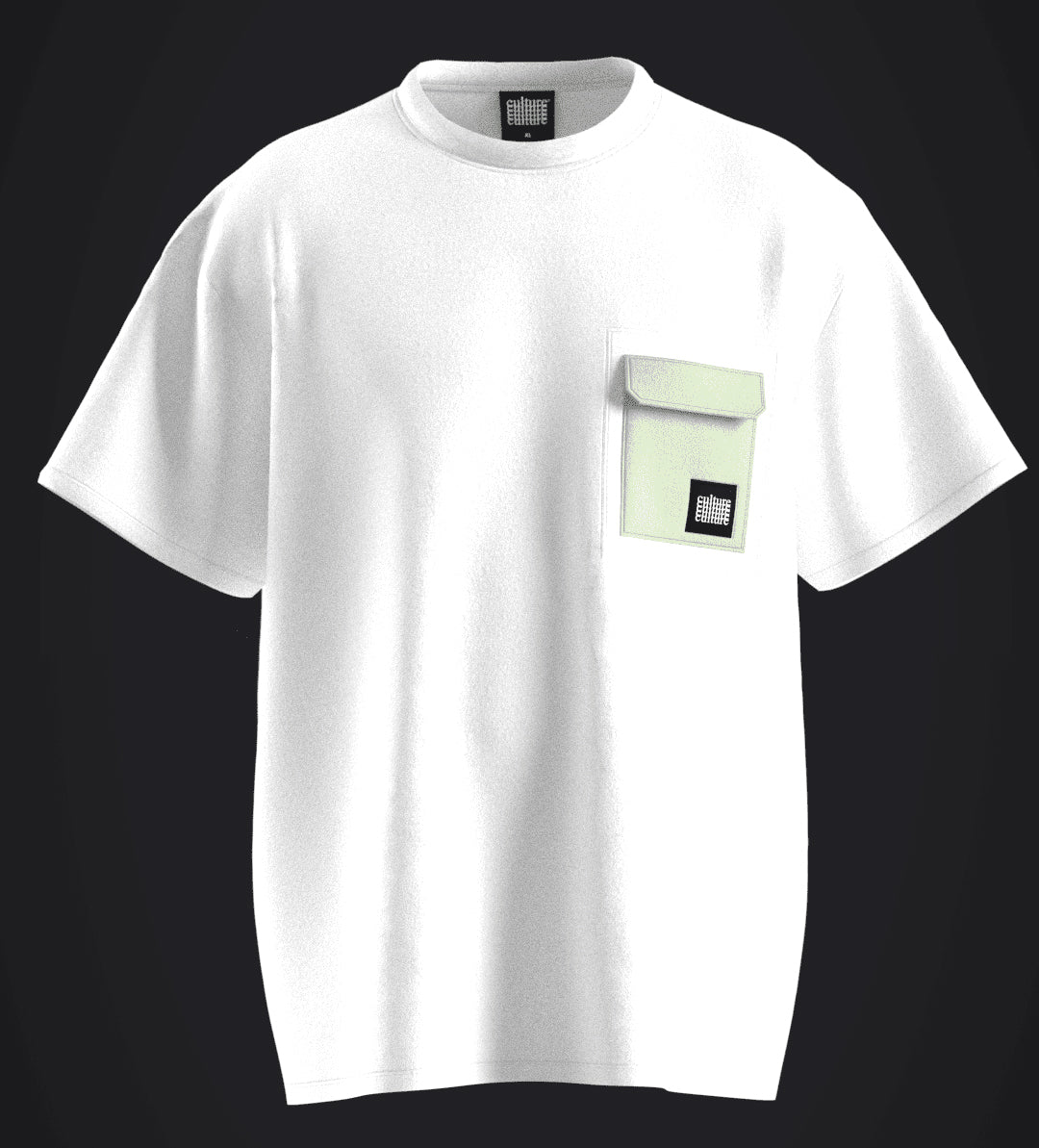
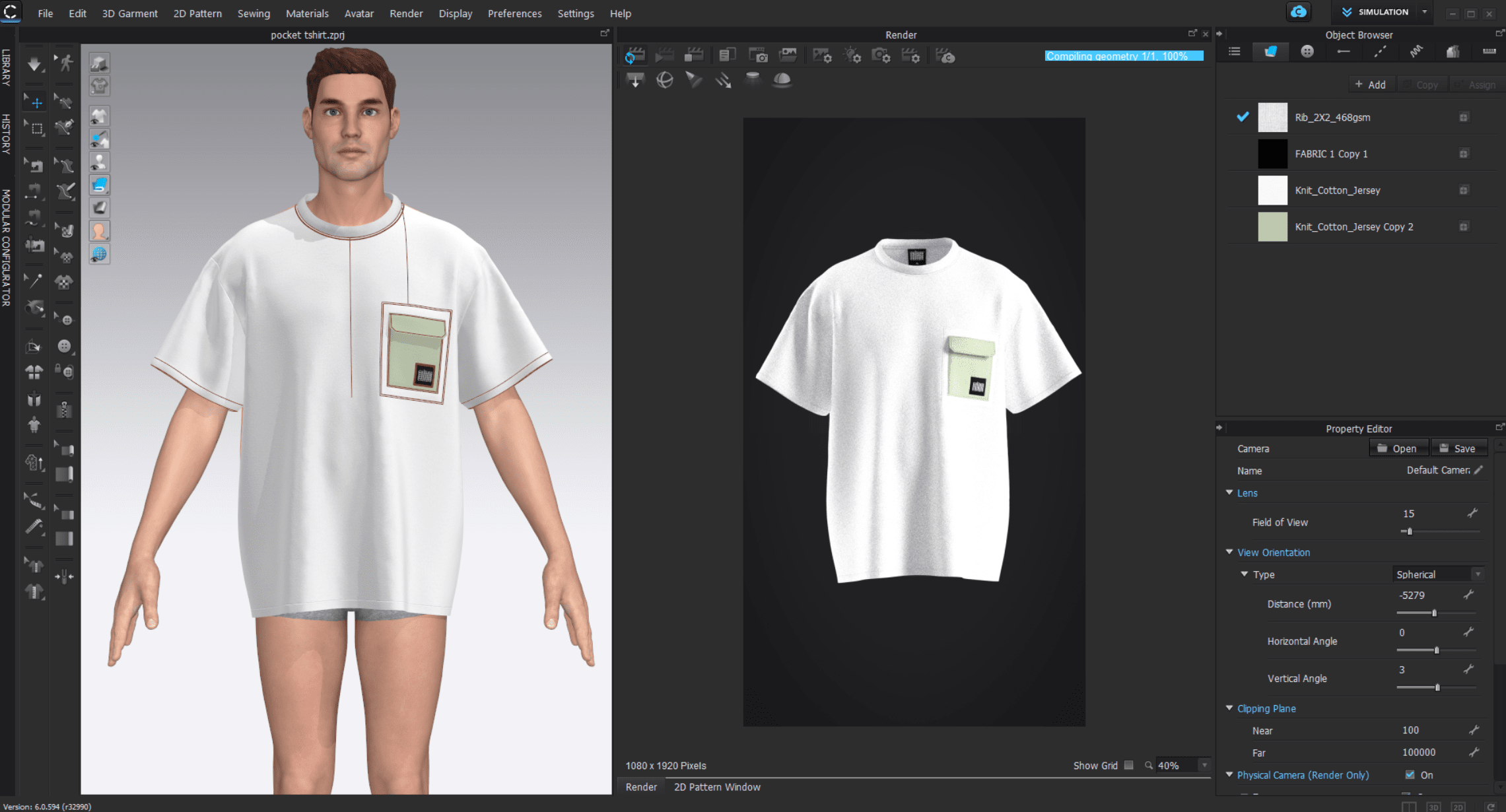
Production
We sample as little as possible when we design our stuff. We create digital prototypes. This way we save countless sampling rounds and reduce unnecessary waste.
Did you ever open a package and just throw away half its content? Probably yes... but not with us. We don’t use gimmicks like hangtags, flyers, fancy zippers or unwanted wrapping paper.
Our polybags are made from 100% recycled plastic.
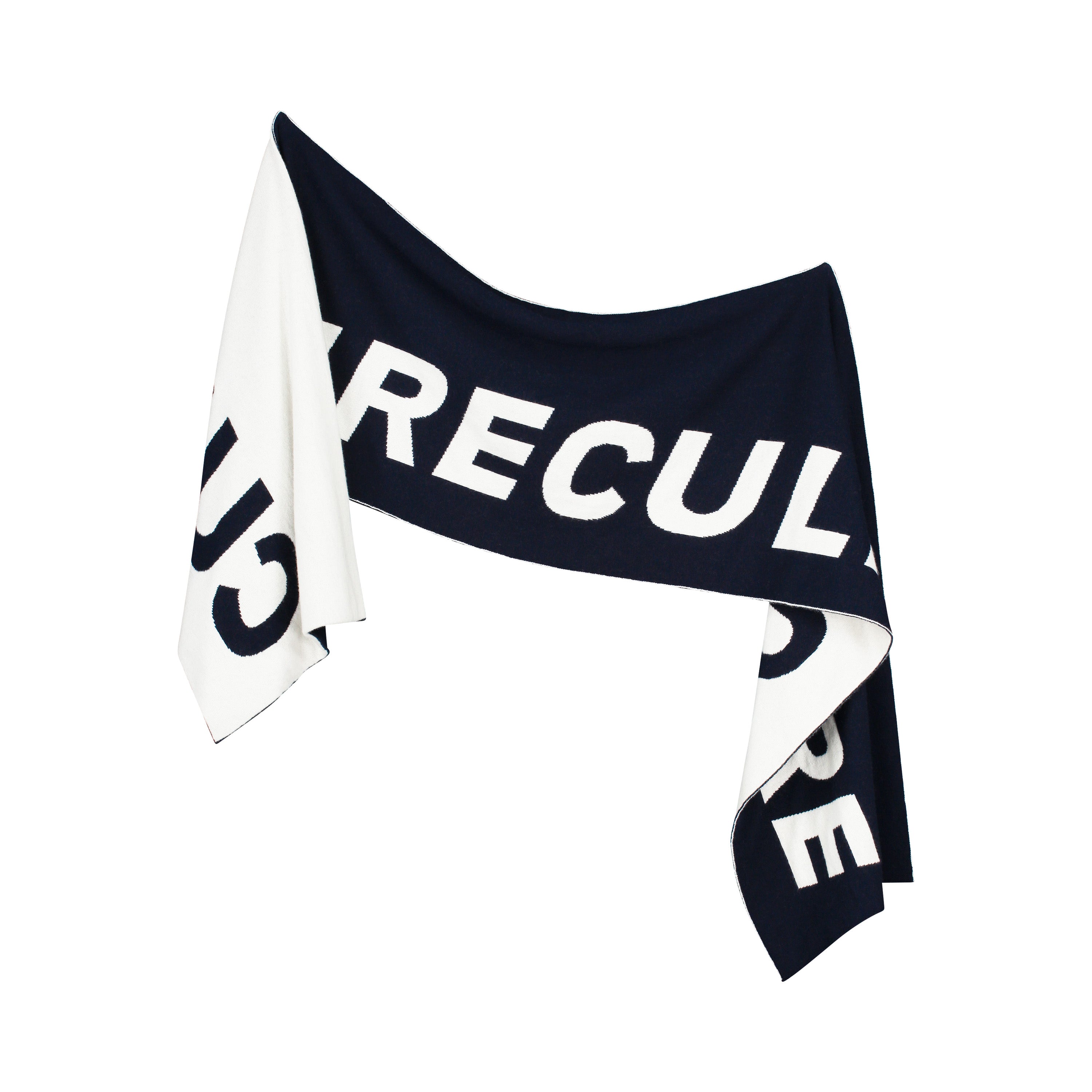
We don't produce more than we need. We are working closely together with our suppliers.
We try to avoid materials that cannot be recycled and we look out for new, innovative textiles that don’t f*ck up our planet as much.
We now work with blanks in most cases. We only work with production partners that are regularly audited by independent watch dogs, such as Fair Wear.
These partners sometimes work with factories outside of Europe. Of course these factories have to adhere to our standards and are regularly audited.
We do our finishing close to home and produce on demand in all cases possible, to avoid overproduction.
Shipping & Handling
We give preference to DHL Go Green (for Germany), our website is low impact and our bank is green. Returns are not free (for the environment and our survival). That’s why we provide as much size and fit info as possible. You get a perfectly fitting sweater and know what you’re buying, we can lower the amount of returns - pretty good deal, right?
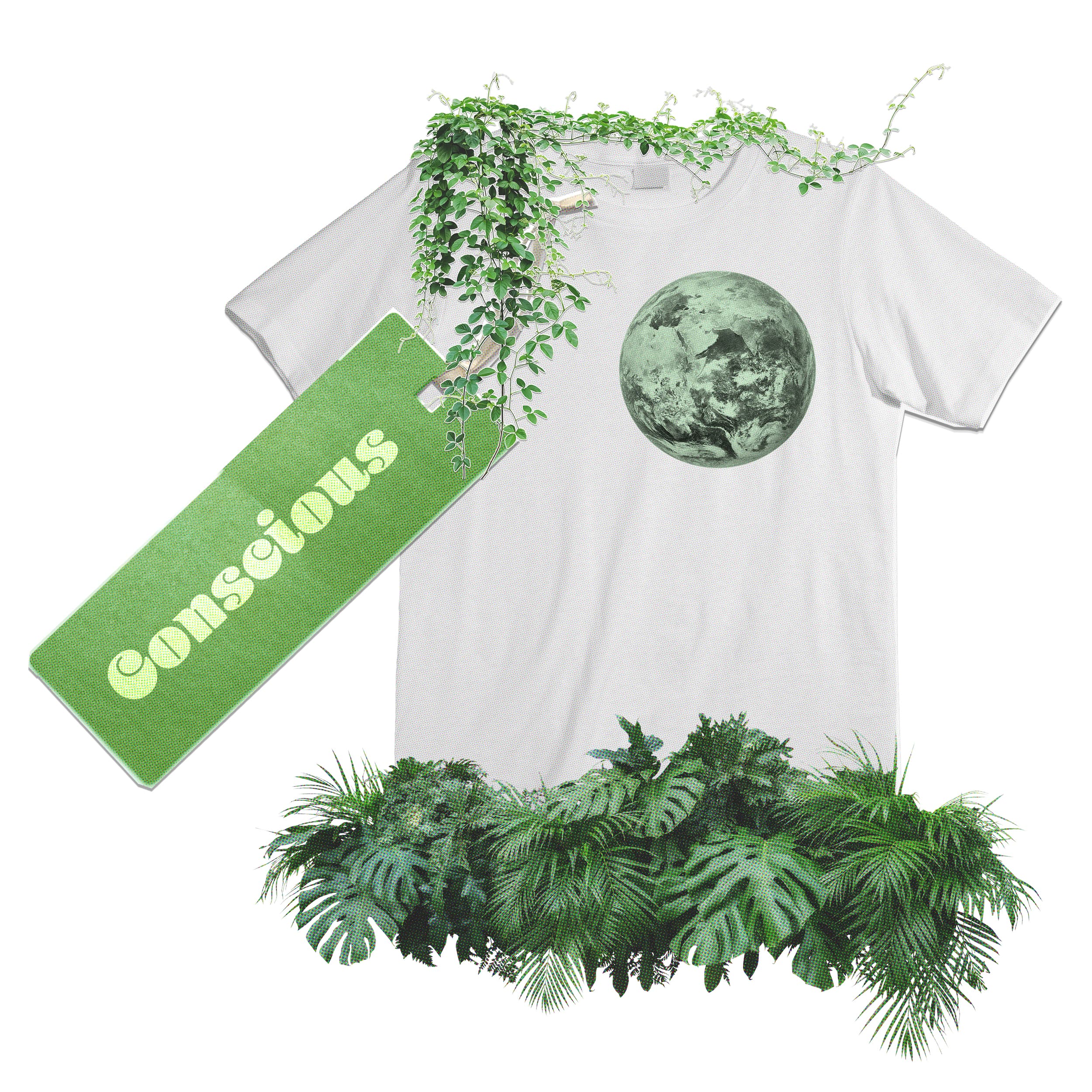
Ok, cool. Are you not just greenwashing?
Large parts of the fashion industry are getting cold feet. Customers become more aware of the social and environmental issues. They adapt their buying patterns and priorities. And what is the industry doing? Instead of changing their actual business practices, many of the big players simply colour their hang tags green and call themselves “conscious” and “responsible”. Pretending is always easier than actual change. And unfortunately most of the companies get away with it.
We don’t do that. We are transparent about what we are and what we are not (yet).
How to identify greenwashing

- Vague = fake. When brands state that they’re "sustainable" and "ethical" without stating what specifically they do, you should be suspicious.
- Better shut up. If a brand uses bold words excessively and spends millions on marketing campaigns about how sustainable and “green” they are, there’s a chance that this is an elaborate cover up.
- (Not so) conscious collections. When a brand offers a tiny sustainable collection with only a few items while still producing tons of unsustainable clothes, the bottom line is still really bad (this type of greenwashing is called "green halo effect”).
- Materials ain’t everything. When a brand focuses only on sustainable materials, one should doubt if they're really responsible. Social and ethical responsibility throughout the entire supply chain are equally important.
- BS long-term goals. Promises like "we aim to be fully sustainable by 2030" lack accountability.
How to identify actual effort
- Don’t lie. Sustainability is a process, not a permanent condition. Brands can't change overnight, but should be transparent about their progress and challenges. That usually means they're actually committed.
- What’s your standard? Certifications like the Global Organic Textile Standard (GOTS) are often indicators of responsible and ethical behaviour. However, always be critical. Certificates can be used for greenwashing as well!
- Multitasking is not a myth.
It's a good sign when a company tries to implement sustainability in all business areas: from materials and production to transport and packaging.
What can you do?
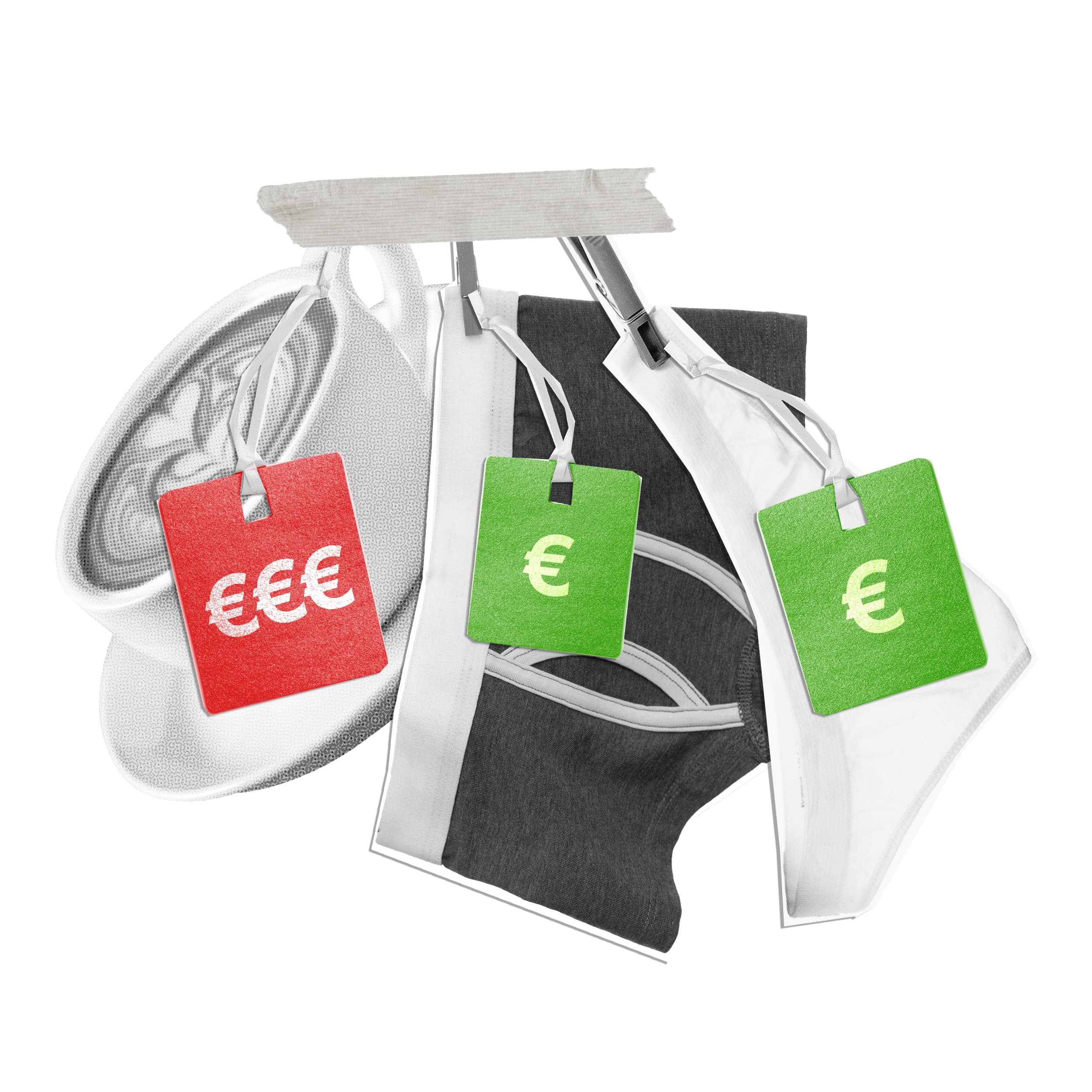
Buy responsibly. Cheap shit is tempting, but if you can, avoid it.
Underwear shouldn’t be cheaper than coffee. Check out OrganicBasics.
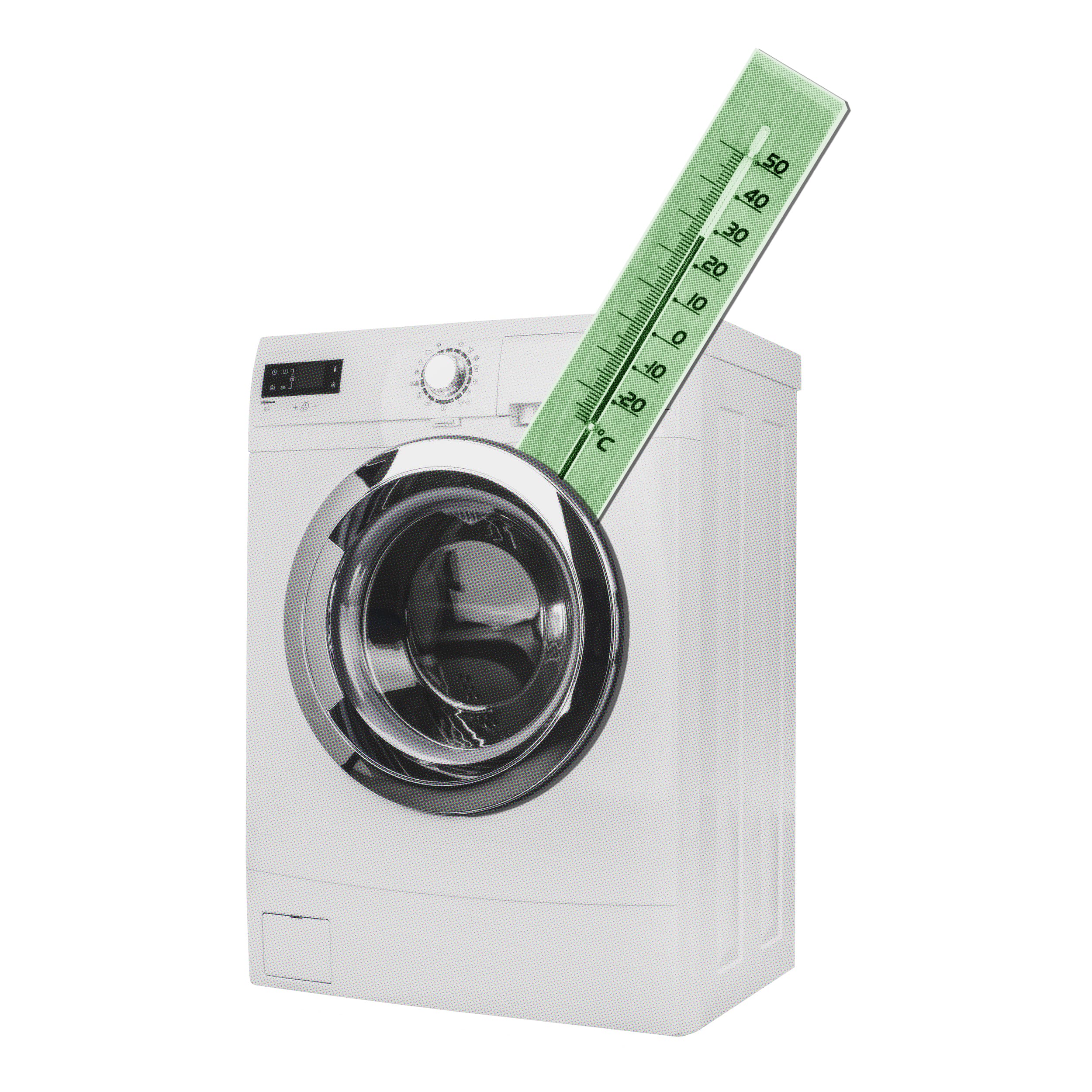
Take care of your clothes and keep that washer at 30°C/86°F.
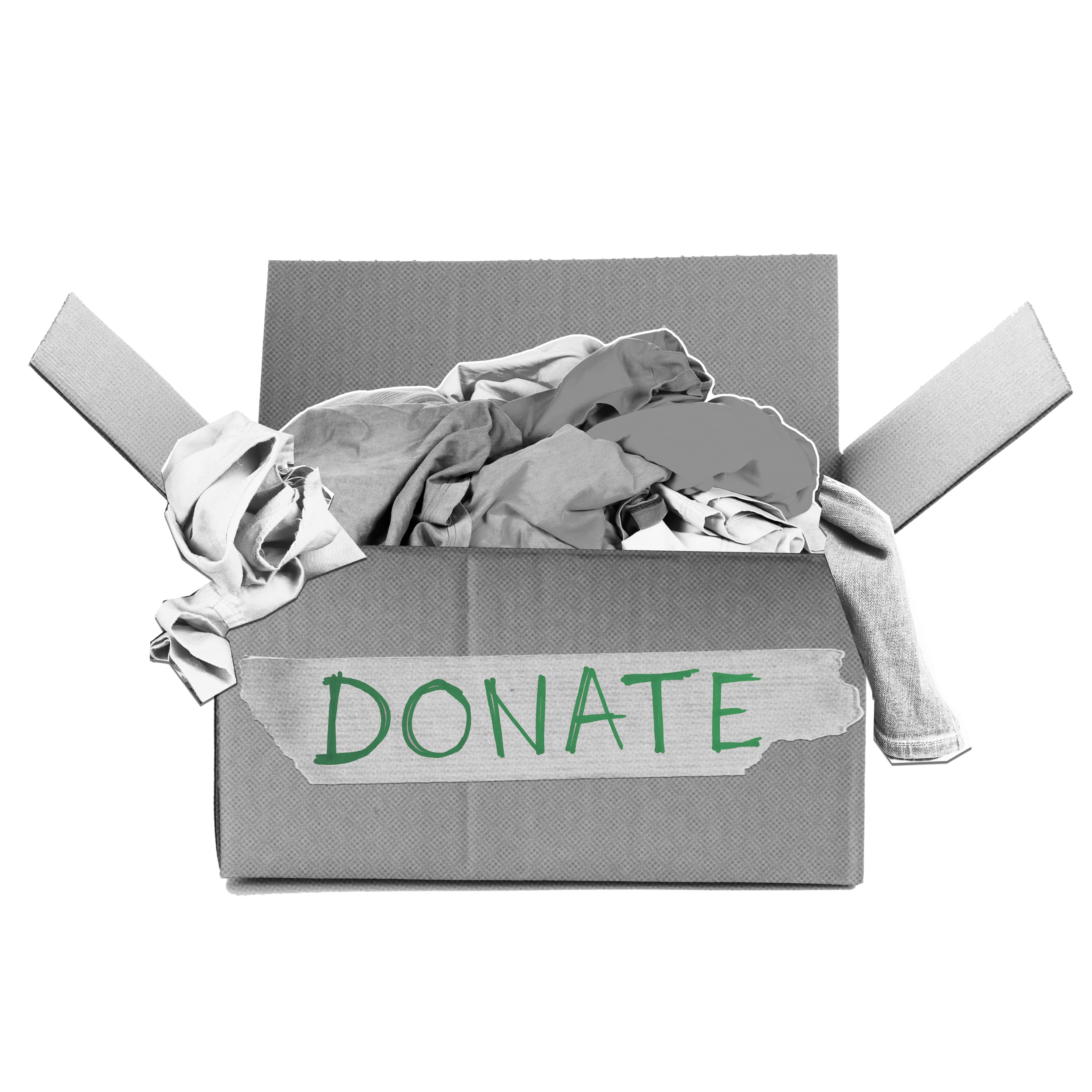
Don’t throw old stuff away, donate it.
Preferably directly to a friend or family member.
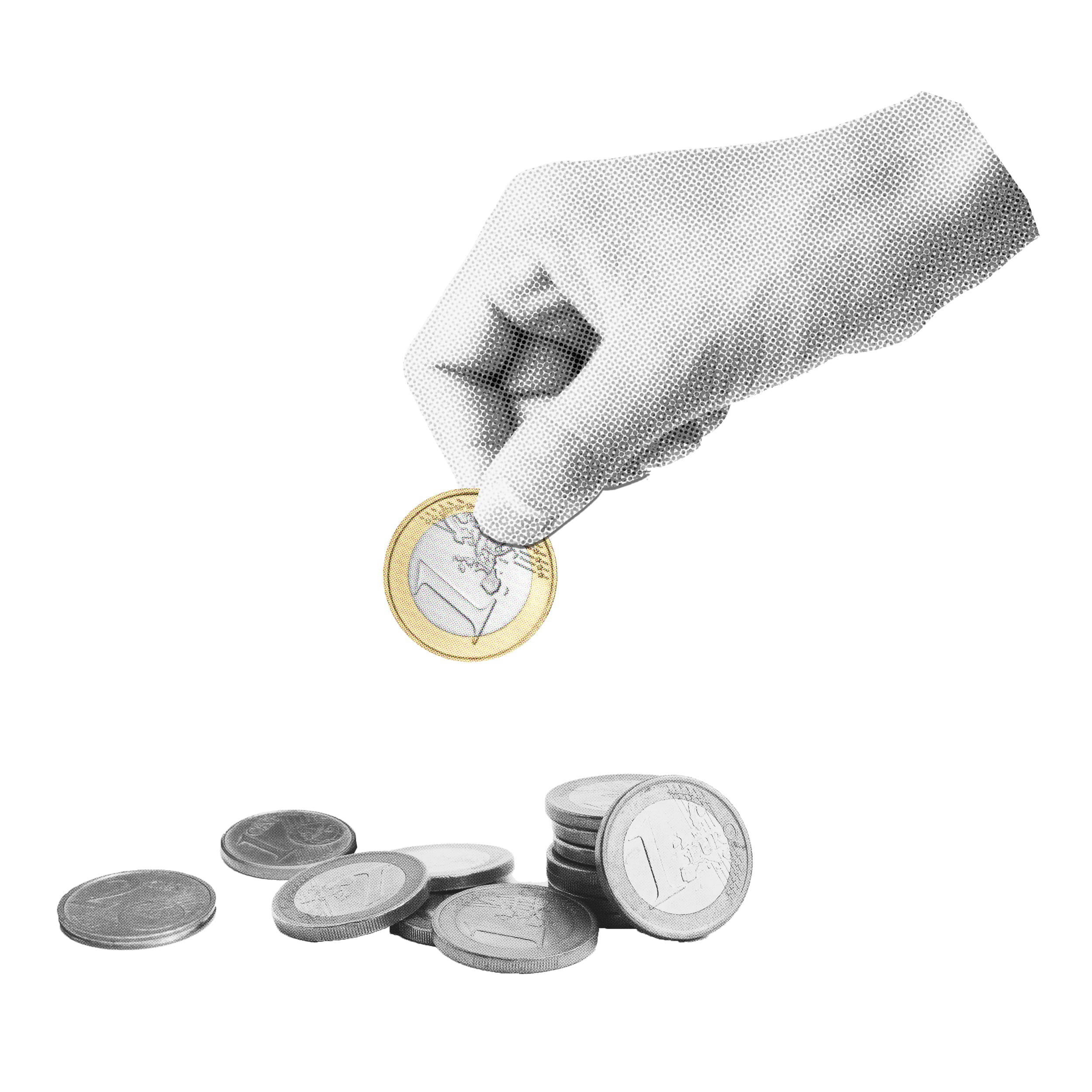
If you got spare change, support initiatives like EarthToday.
